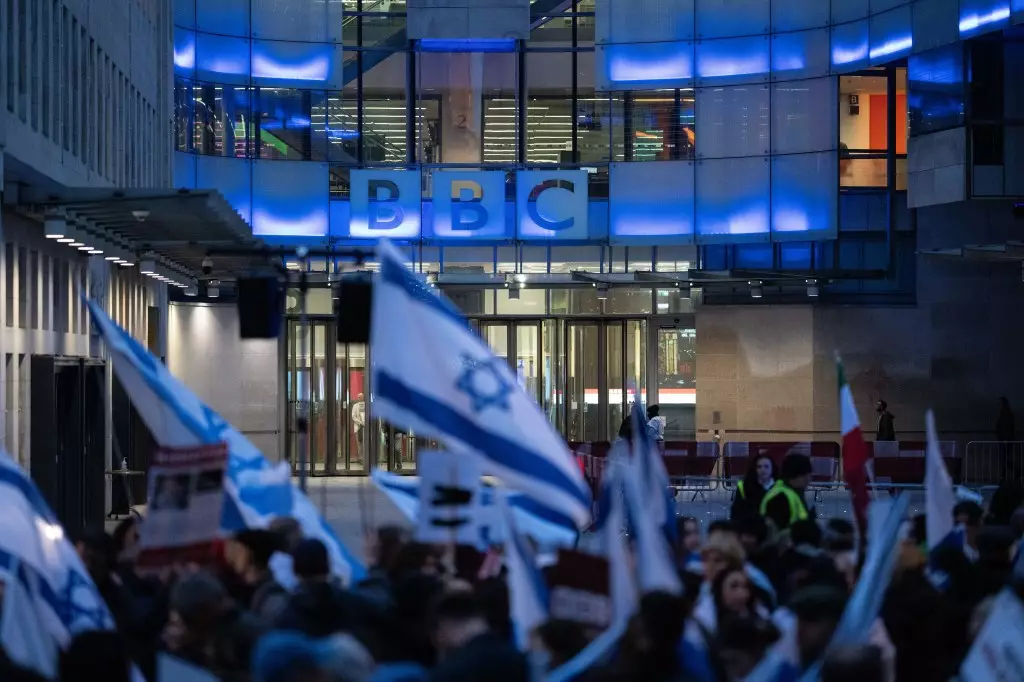The BBC has recently taken steps to support its staff members who have been subjected to abuse and attacks, as well as those who are experiencing negative effects on their mental health due to the broadcaster’s coverage of the Israel-Gaza conflict. In response to a pro-Palestinian protest group vandalizing the BBC’s London headquarters with red paint, the Chief Operating Officer, Sam Taylor, sent an email to all employees working in BBC News and Current Affairs, emphasizing the availability of additional resources and support. This article delves into the measures implemented by the BBC and the challenges faced by its staff.
Recognizing the toll that covering the Israel-Gaza conflict can have on individuals and teams, the BBC has extended its assistance to alleviate the psychological distress faced by its employees. Alongside the existing support sessions and resources, the corporation’s Safety and Mental Health specialists offer targeted aid to those in need. These resources include individual trauma support, team sessions focusing on distressing content with professional assistance, additional trauma awareness sessions, online guidance and support, and a platform for reporting abuse. By putting these provisions in place, the BBC seeks to ensure the wellbeing of its staff members as they grapple with the challenging nature of their work.
Over the past two weeks, the BBC and its staff have faced mounting pressure and criticism for their coverage of the conflict in the Middle East. Some employees have reported receiving personal abuse from external sources. The emotional toll of reporting on such an intense and disturbing topic has been described as highly stressful by a BBC insider. The additional criticism directed at the broadcaster has only exacerbated this stress. It is undoubtedly a difficult task to report on a subject as gruesome as the Israel-Gaza conflict, and the added pressure and personal attacks only serve to compound the already distressing nature of the work.
Acknowledging the concerns raised by critics, the BBC has decided to reduce the use of the term “militants” when referring to Hamas, the Palestinian political and military organization. This decision aligns with the broadcaster’s commitment to fair and accurate reporting. As part of its defense, the BBC explains its rationale behind not labeling Hamas as “terrorists,” emphasizing the importance of neutrality and the avoidance of subjective terminology in news reporting. This adjustment in language reflects the organization’s dedication to maintaining an unbiased stance in its coverage.
In light of the challenges faced by its staff, the BBC has taken proactive measures to provide additional support and resources. By recognizing the toll the Israel-Gaza conflict coverage can have on mental health and addressing the abuse targeted at employees, the corporation is prioritizing the well-being of its staff members. These initiatives display the BBC’s commitment to fostering a supportive work environment and its dedication to maintaining fair and unbiased reporting.

